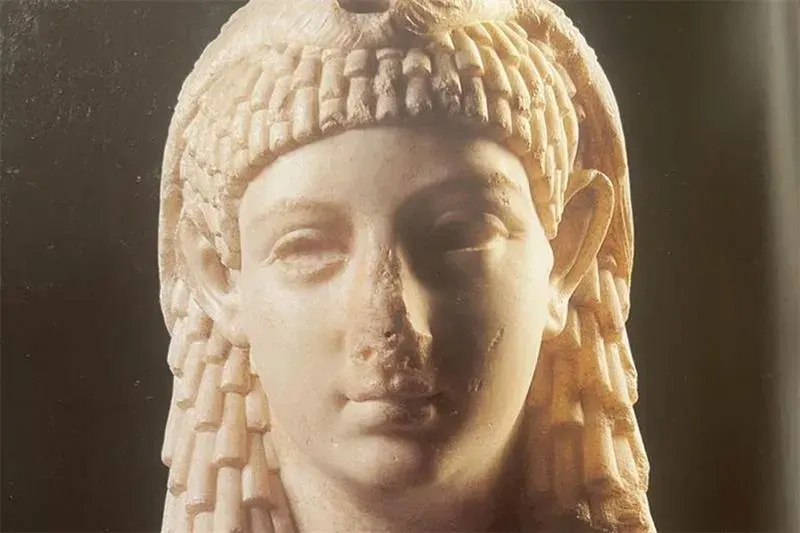Cleopatra: Unveiling the Legacy of Egypt's Last Pharaoh

Cleopatra VII Philopator, renowned as Cleopatra, stands as a prominent figure in history, celebrated for her intellect, beauty, and political acumen. Serving as the last pharaoh of Egypt, her reign played a pivotal role in shaping the course of ancient history, leaving an indelible mark on both Egypt and Rome. In this exploration, we delve into Cleopatra's life, her impact on the two civilizations, and the lasting legacy she bequeathed.
Early Life and Ascension
Born in 69 BCE in Alexandria, Egypt, Cleopatra was the daughter of Pharaoh Ptolemy XII Auletes and Cleopatra V Tryphaena. Educated in multiple languages and political and military strategy, she exhibited skills that would prove invaluable in her future endeavors. Following her father's death, Cleopatra faced political turmoil, eventually seeking refuge in Syria. Determined to reclaim her throne, she sought assistance from the Roman general Julius Caesar.
Returning to Egypt with Caesar's aid in 48 BCE, Cleopatra defeated her brother's army, establishing herself as the sole ruler of Egypt. A romantic liaison with Caesar ensued, resulting in the birth of their son, Caesarion. However, Caesar's assassination in 44 BCE plunged Cleopatra into uncertainty once more.
Cleopatra and Mark Antony

In the power vacuum after Caesar's demise, Cleopatra forged a significant alliance with Mark Antony, ruler of the Eastern provinces, including Egypt. Their romantic relationship and political union posed a threat to Rome's power structure. Antony's divorce from his Roman wife, Octavia, to marry Cleopatra intensified tensions, leading to a war with Octavian, Caesar's heir.
The Battle of Actium
The culmination of their conflict occurred in 31 BCE at the Battle of Actium. Despite Cleopatra and Antony's efforts, they faced defeat, compelling a retreat to Egypt. Pursued by Octavian, the fall of Alexandria in 30 BCE marked Antony's suicide and Cleopatra's subsequent demise.
Cleopatra Legacy
Cleopatra's rule was marked by significant political and cultural contributions. A skilled diplomat, she maintained relations with Rome while preserving Egypt's sovereignty. Her administrative reforms stabilized the country, and her legacy continues to evoke fascination and intrigue.
In Egypt, Cleopatra is hailed as one of the greatest pharaohs, known for her cultural patronage, promotion of Egyptian religion, and linguistic and gender-breaking achievements. Alexandria thrived as a cultural hub under her reign.
In Rome, Cleopatra's image was tainted, portrayed as a seductress and a threat to Roman power. Recent scholarship challenges this narrative, emphasizing her intelligence, political prowess, and diplomatic finesse.
Cleopatra's impact on Egypt and Rome remains profound, and her story, replete with intelligence, beauty, and political acumen, serves as an enduring source of inspiration. Explore the history and legacy of Cleopatra, the last pharaoh of Egypt, through our Egypt vacations—an enthralling journey into the secrets of this remarkable historical figure and her influence on ancient civilizations. Book your experience today.



